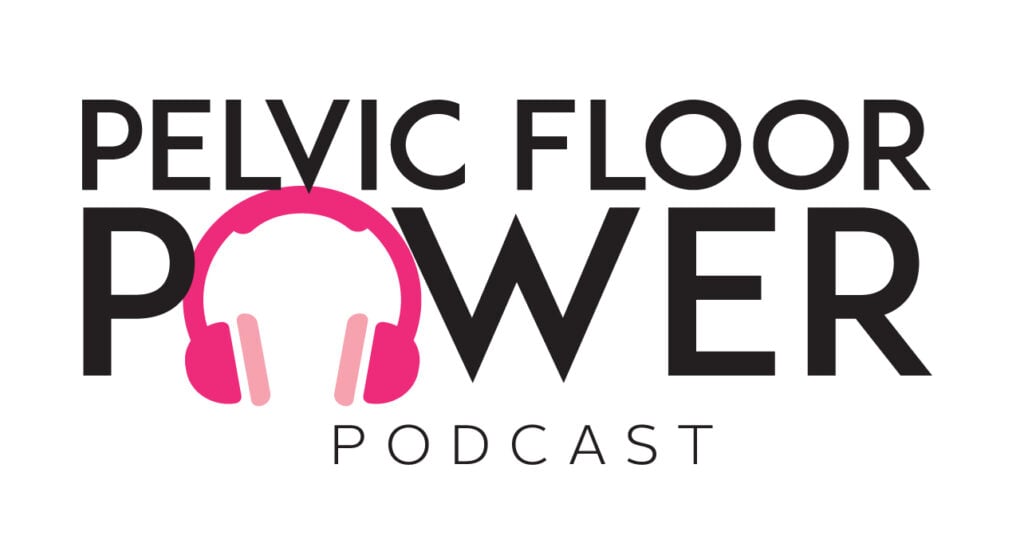QUESTION: I LIVE WITH INCONTINENCE AND AM OFTEN CONCERNED ABOUT OTHERS NOTICING A CERTAIN “SMELL” ABOUT ME. HOW DO I ENSURE THAT MY INCONTINENCE PROBLEM DOESN’T LEAD TO AN ODOR PROBLEM?
Answer: Many people with incontinence often worry about this issue. But, it’s an easy one to solve as long as you’re diligent in following a few simple steps.
CHANGE OFTEN
If you wear absorbent pads, make sure you change them often to avoid the smell. Fit and type of product are also important – a close-fitting product will hold odors better than something that fits too loosely, and some products have odor-reducing materials built-in, which can help prevent smells.
In addition, if stool or urine gets onto your bedding or clothing, wash them right away, or place them in an airtight container until you are able to wash them to prevent odors from making their way throughout your house. If you’re on the go, pack a disposable plastic ziplock bag to store any soiled clothing due to leaks.
DRINK PLENTY OF FLUIDS
While many people with incontinence may try to limit their fluids, you should never do so to the limit that you become dehydrated. Drinking too little fluid throughout the day makes your urine more concentrated, and more likely to smell. The general guidance is 6-8 glasses a day. You’ll know if you’re drinking enough water by the color of your urine – clear urine with almost no color (and hardly any smell) is a good sign you’re staying hydrated – if your urine is a concentrated yellow, it could be a sign you need to drink a bit more.
BE DILIGENT ABOUT HYGIENE
It’s essential that you wash daily and clean yourself well after any accidents and after each pad or application change with a gentle cleanser. If your skin becomes irritated, you can use a moisturizer or a protective ointment. The best line of defense against odor is ensuring that skin is kept clean and absorbent products are frequently changed or washed.
Read about more tips to stay clean and odor-free!
Are you an expert in incontinence care? Would you like to join the NAFC expert panel? Have a question you’d like answered? Contact us!








One Response
Hi, I know someone who lives with urinary incontinence and has lost her sense of smell, leading to reliance on people around her to let her know when there is an odor despite her best efforts. As you can imagine, this can be quite challenging for her, and other people. Are there any accessibility tools that you can recommend?